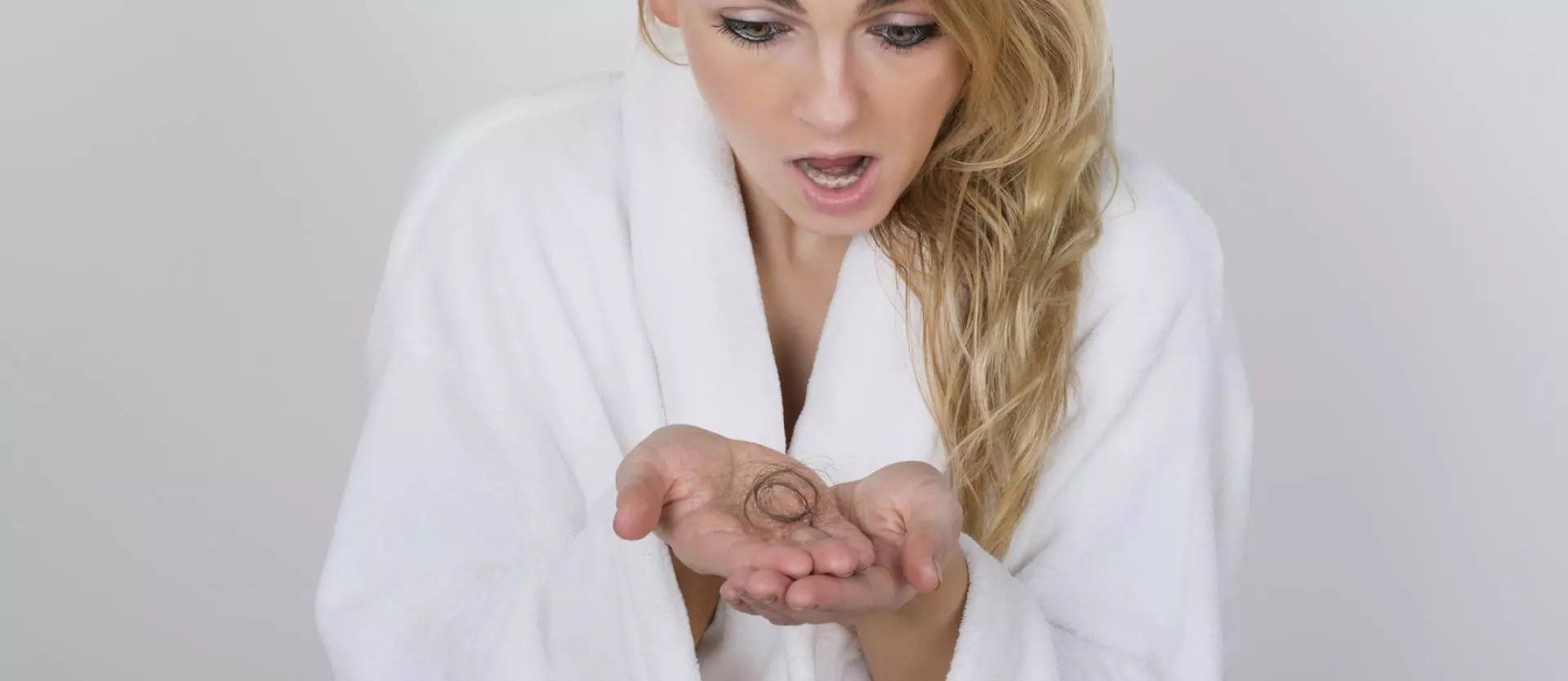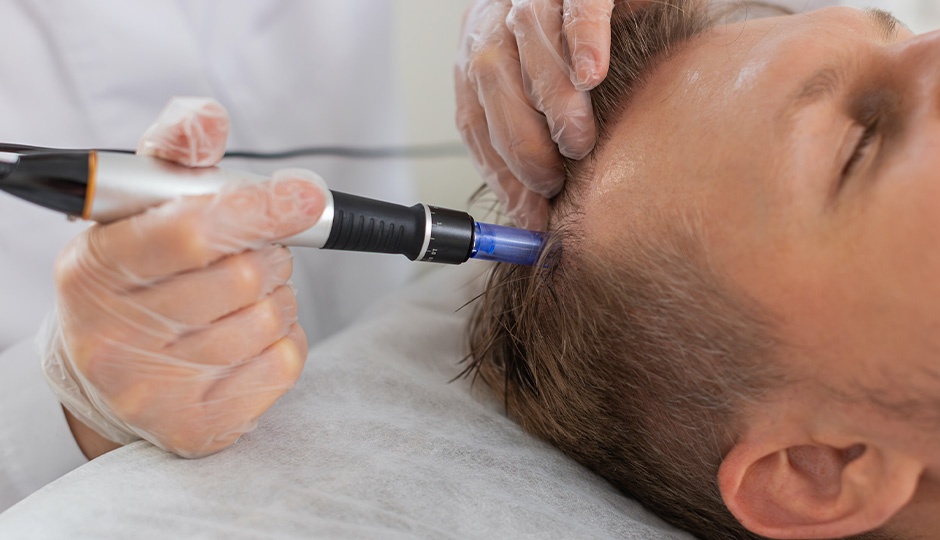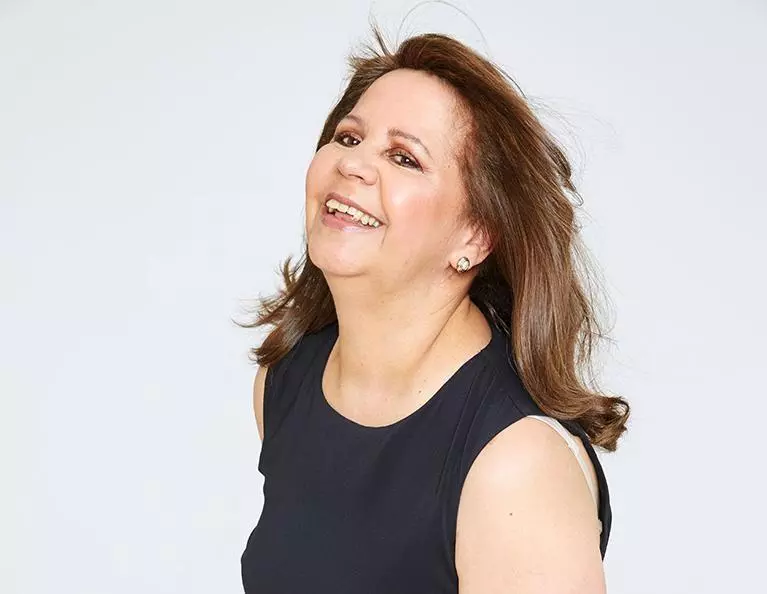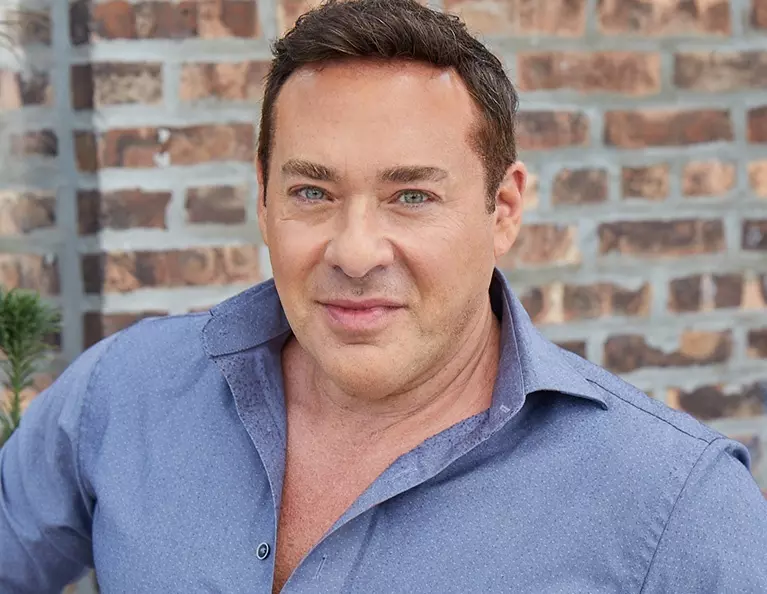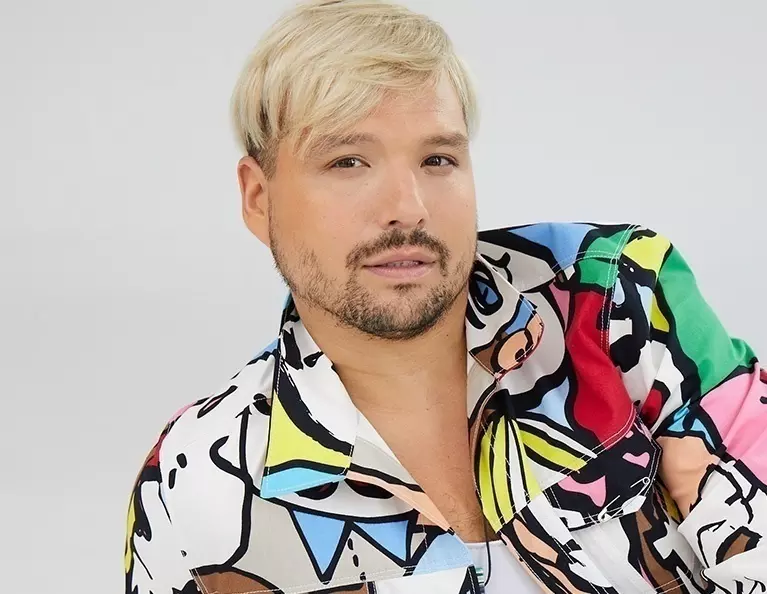It can be a very frightening situation. You’ve just had a baby, and perhaps even had the greatest hair of your life during your pregnancy. Now, you are seeing more and more hair fall out each day. It seems like more than normal. Your body is changing again and your stress levels are high. But, understanding why your hair loss is increasing after you’ve given birth is an important step in caring for yourself and helping to ease your worries. The good news is, there is not much to worry about for most women experiencing this type of temporary hair loss.
What Is Post-Partum Hair Loss?
Hair loss after pregnancy, called post-partum hair loss, is not uncommon. It is hair loss that seems to be significant and sudden. In some situations, women do experience loss of clumps of hair. This will generally occur in the three months to six months after giving birth. The amount and frequency of hair loss at this time really does range widely between women. Some experience very little of hair and others see a good deal of rapid hair shedding. If you are concerned about how much hair loss you are experiencing, it is always best to speak to your doctor.
What Causes Hair Loss after Pregnancy?
But, why is it happening? Most people lose hair at a rate of about 50 to 100 hairs each day. You don’t notice it, though, because it generally does not happen all at once but rather a strand here and there. When hair loss is significantly more, you’ll notice this and it will become worrisome to you. It happens for various reasons, but all comes back to one thing – your hormones. Your hormones after pregnancy are very different than those prior to giving birth or getting pregnant. That change is one of the biggest factors impacting your hair.
Pregnancy hormones during your nine months will limit the amount of hair loss you have. The hair growth cycle lengthens. Instead of seeing the normal rate of hair loss of about 50 to 100 per day, you’ll lose less. This is why many women have very full, healthy looking hair during pregnancy. It’s part of that healthy glow you’ll have during this time. But, after you’ve given birth, your hormones begin to change again. Even though you may still be nursing, your hair’s natural growth cycle continues. It gets back to being “normal” again.
But, your hair hasn’t caught up just yet. Your hormones are back to normal, but the amount of hair you have isn’t. That means that, as your hair works through this normally three month long cycle, you’ll see more hair loss all at once. Those extra strands of hair that you seemed to hold onto longer during pregnancy simply begin to fall out. In short, you really are not losing a lot of hair over the span of a year, but you’ll be losing more hair all at once instead of spread out evenly throughout those 12 months. It does seem worrisome when a large amount of hair begins to fall out, though. The good news is your hair is likely to go back to normal 6 to 9 months after your pregnancy.
What You Can Do About It
Women still may see some thinning of their hair during this type since the hair growth cycle isn’t normal right away. There are some things you can do about it. For example, you can improve the amount of vitamins and nutrients you are getting. Speak to your doctor about taking your prenatal vitamins during the months after you give birth. You can also help to reduce any stress on your hair (don’t chemically treat it or use a lot of heat on it.) You may also want to talk hair professional about the options for helping to reduce the amount of hair loss you are having.
If your hair loss remains significant or you see thinning that is worse than what you think is normal, talk to your doctor. Hormone testing can help to show some information about what is happening within your body that could be impacting your hair and your normal hair growth cycle. Take the time necessary to improve your diet and balance your hormones to reduce risks of significant hair loss. If it has been 9 months or longer since your baby was born and you still see significant hair loss, speak to a hair loss professional about treatment or therapy options for hair loss prevention. For more information, contact the team at Unique Hair Concepts.
